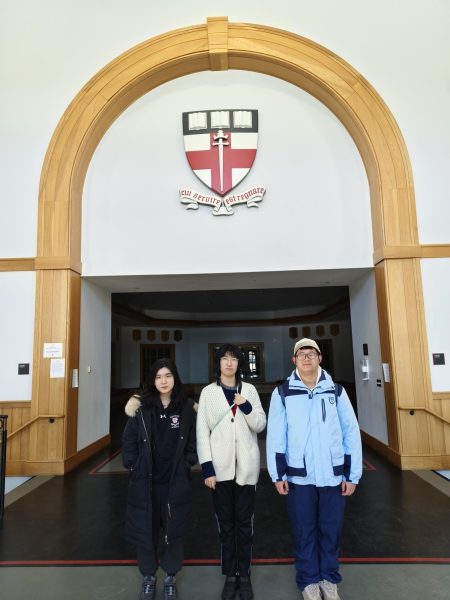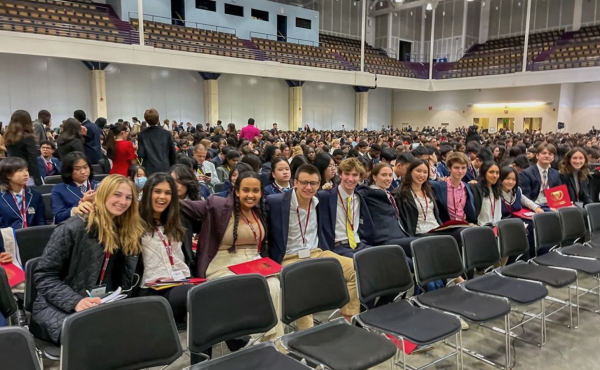GRAIN Reaches $50 Million: A Retrospective
Headmaster Temba Maqubela’s tenure at Groton has made diversity and inclusion a priority. One particular step that Groton has taken to further these ideals is instituting the Groton Affordability and Inclusion (GRAIN) initiative, which aims to make Groton affordable for all. With the help of a large gift given Christmas eve, funding for GRAIN reached a 50 million dollar milestone.
GRAIN was officially announced by the Board of Trustees in November 2014. According to Chief Financial Officer Arthur Diaz, this money was raised primarily through Mr. Maqubela and the Development Office. He said, “They spent a lot of time over the past three years traveling to meet with parents and alumni. An anonymous donor pledged $5 million when GRAIN was first announced.” That action, he said, set the initiative in motion – since that time, it has received several multi-million dollar donations.
GRAIN particularly targets the so-called “missing middle” – middle class families that cannot afford the cost of tuition, yet are often passed over by financial aid offices due to the appearance of less need. “GRAIN is built upon this great idea [of inclusion] with a focus on including the talented missing middle— the daughters and sons of professionals, whose families are caught between those with modest incomes and those who can afford to pay full tuition. GRAIN ensures that all socioeconomic cohorts will be included,” said Mr. Maqubela.
That the GRAIN initiative raised $50 million in the span of just over three years brings great anticipation for its future. Mr. Maqubela hopes GRAIN will ensure “that no talented and deserved child will be denied a Groton education because of the inability to afford the high cost of an independent school tuition.” Due to money raised through GRAIN, fifteen current students have received previously nonexistent scholarships, and five more students are expected to receive special inclusion scholarships next year.
In addition to funding scholarships, GRAIN is also an intrinsic component of Groton’s decision to freeze tuition. After recognizing that the cost of tuition had escalated unsustainably, Groton decided to institute a three-year tuition freeze, which ends with the 2017 to 2018 school year. This tuition freeze substantially lowered the relative cost of attending Groton, so much so that it went from being the most expensive out of forty peer schools to being the 37th most expensive one. Of the fifty million pledged to GRAIN, about half will be used to fund the tuition freeze, and the other half will go towards scholarship funding.
GRAIN has increased the number of applications from both families who can pay the full tuition and families that require financial aid. Furthermore, annual giving to Groton has increased unusually quickly since GRAIN’s inception, suggesting that GRAIN stimulated more funding overall.
As Mr. Maqubela said, GRAIN perfectly represents the ideals of Groton: “The original idea of an open Circle is what prompted the question, who is at Groton today and who will be at Groton tomorrow? GRAIN says, the Circle is open when all talented and deserving children are invited to apply. GRAIN embodies the ultimate Groton embrace.”







